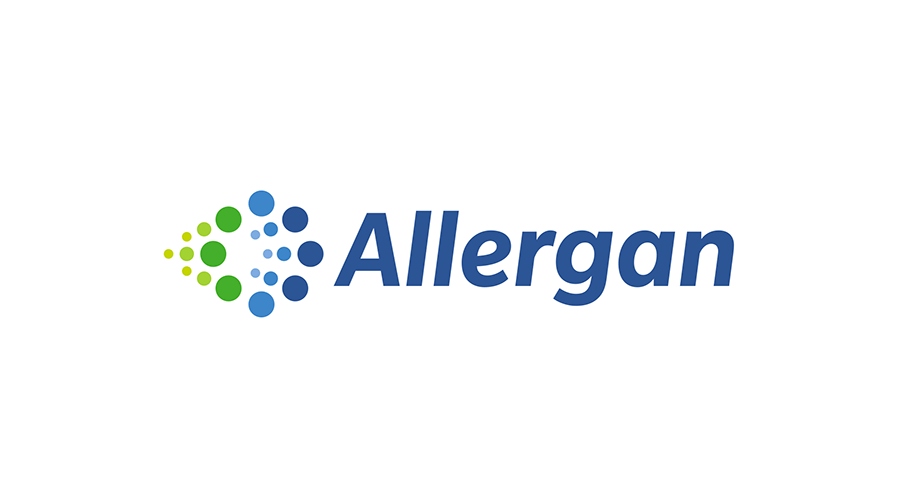
This week has been a big week for Allergan (NYSE:AGN). First, we heard that the company was selling its generic drug company to Israel based Teva Pharmaceutical Industries Ltd (ADR) (NYSE:TEVA). The deal, worth a reported $40.5 billion, is the largest ever acquisition by an Israeli company, and comes at a time when many are betting against the biotech space on the pretense we are approaching the end of a five year bubble. Almost as soon as we got the Teva news, however, we got a follow up announcement that Allergan is set to acquire Illinois based Naurex Inc. for a flat $560 million. The two deals are the latest in a string of high profile acquisitions in the biotech space, and Allergan is up more than 6% on the week’s open. With this said, is there further upside potential in the company’s stock, or are the gains we have seen the entire short-term market response, and must we wait for the fruits of the acquisitions before we see any further considerable action. In order to answer, lets take a look at the terms of both deals, and try to ascertain the medium term impact of each on Allergan’s market capitalization.
First, lets look at the Teva deal. As we have mentioned, the deal will see Teva take on the entirety of Allergan’s generic pharmaceuticals business for $40.5 billion. Teva is already the largest generic pharmaceutical company in the world, and the latest acquisition cements its positioning in the space. One of the primary drivers behind the acquisition, it seems, is an increased amount of pressure being put on Teva Chief Executive Erez Vigodman by shareholders to expand the company’s revenue sources, from a diversification perspective. Approximately 48% of the company’s profits currently come from multiple sclerosis drug called Copaxone, and with a number of other multiple sclerosis trials hitting headlines recently in the non-generic world, the necessity for diversification has been pressing issue. Teva ‘s stock is up nearly 20% on the announcement, in part due to this diversification, but also as a result of the cost savings likely to come about as a direct benefit from the acquisition. Not only will Teva be able to reduce operational costs through economies of scale, but also the increased generic portfolio will give it a higher leveraged rate when it comes to negotiating with healthcare organizations and – in particular – US insurance companies. This increase leveraged should improve the company’s bottom line very quickly upon acquisition completion.
So now moving on to the second deal, the $560 million acquisition of Naurex Inc. by Allergan. The acquisition strengthens Allergan’s development pipeline, bringing two potential blockbuster treatments under its umbrella. The first is an intravenous depression treatment that has already proved efficacy in phase 2 trials and is heading into phase 3 before the end of this year, and an oral treatment for the same indication that has demonstrated promising results in early stage testing. Both are demonstrated tolerability, and bring a novel approach to depression treatment by targeting the receptors in the brain responsible for memory, that also contribute to glutamate levels (which, research shows, are out of sync in depression patients). Is a quick side note, it’s worth mentioning that the deal is not set to close before the end of 2015, but its value could rise from an Allergan perspective as there are a number of milestone payments due based on the research sales success of the aforementioned pipeline candidates.
So how should we approach these two deals, and where do we expect Allergan to head going forward? In short, we should look at them as very much part of the same development plan. Allergan has stated that it wants to reduce its debt (somewhere around $44 billion at the moment) to 3.5 times adjusted earnings by the end of this year. The company is also stated that it wanted to abandon the generic industry in order to focus on more targeted developed stage treatments. The Teva deal allows the company to reduce its debt holdings, while also freeing up capital to expand into the development side of things; indeed, Chief Executive Brent Saunders has stated that the company will use around $36 billion in net proceeds from the sale to fund further large acquisitions.
So in other words, Allergan has cashed in on its generic business at what seems to be an excellent price, and aims to use the vast majority of the proceeds to buy up developing stage pipelines. This is a switch in strategy for the company, but one that could prove very profitable in the long-term. With a $36 billion blank cheque, there are a number of attractive pipelines the company could go after, with rumors suggesting that Biogen Inc (NASDAQ:BIIB), Amgen Inc. (NASDAQ:AMGN) and AbbVie Inc. (NYSE:ABBV) as potential targets. Each of these companies has at least one potential blockbuster in its pipeline, and as such, it may be worth picking up and exposure to Allergan before it becomes the biotech incumbents that a $45 billion payday gives it the potential to be.
More stories from Market Exclusive:
Could This Treatment Replace Morphine in the US?
What Is the Real Cost of AstraZeneca’s Eye Cancer Flop?
Phase III Success Makes this Company a Potential Blockbuster Biotech




